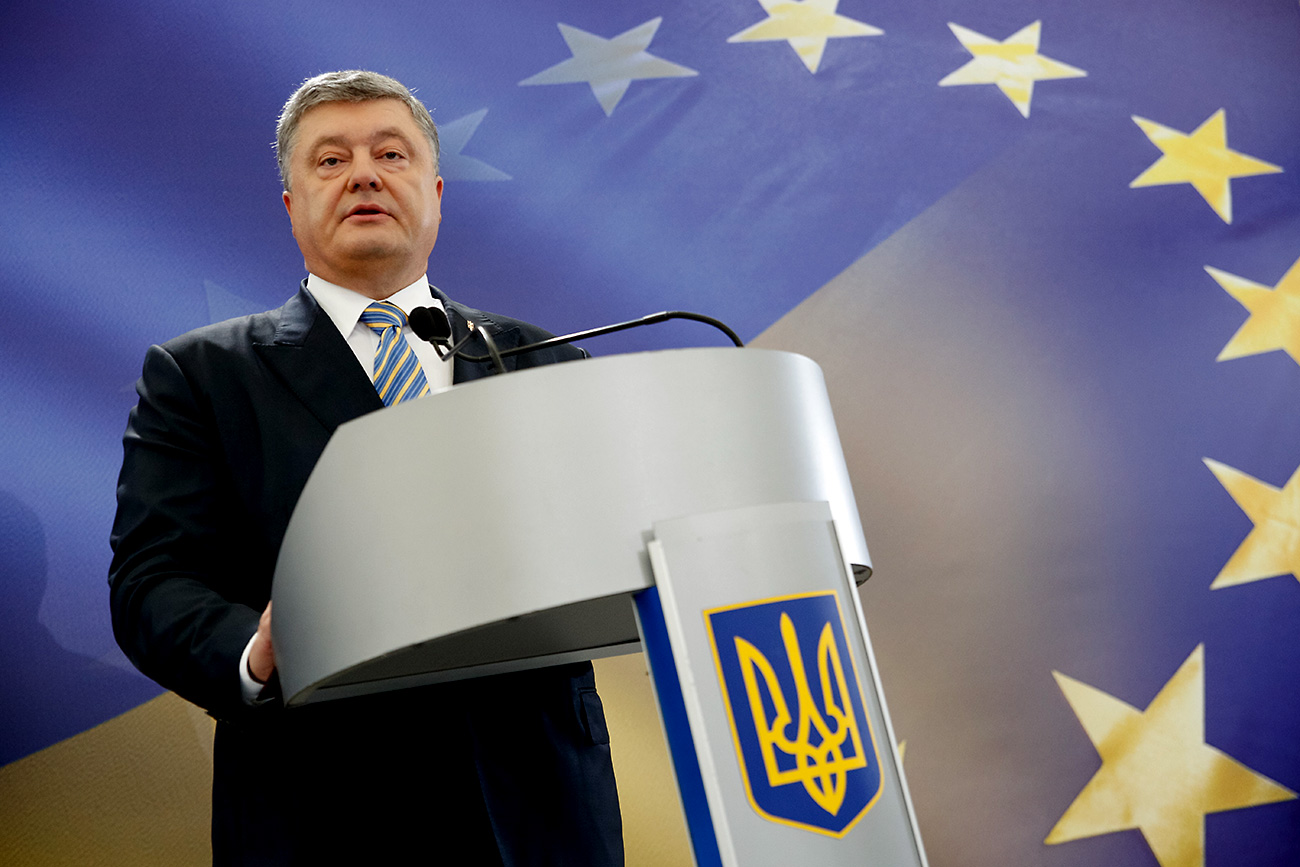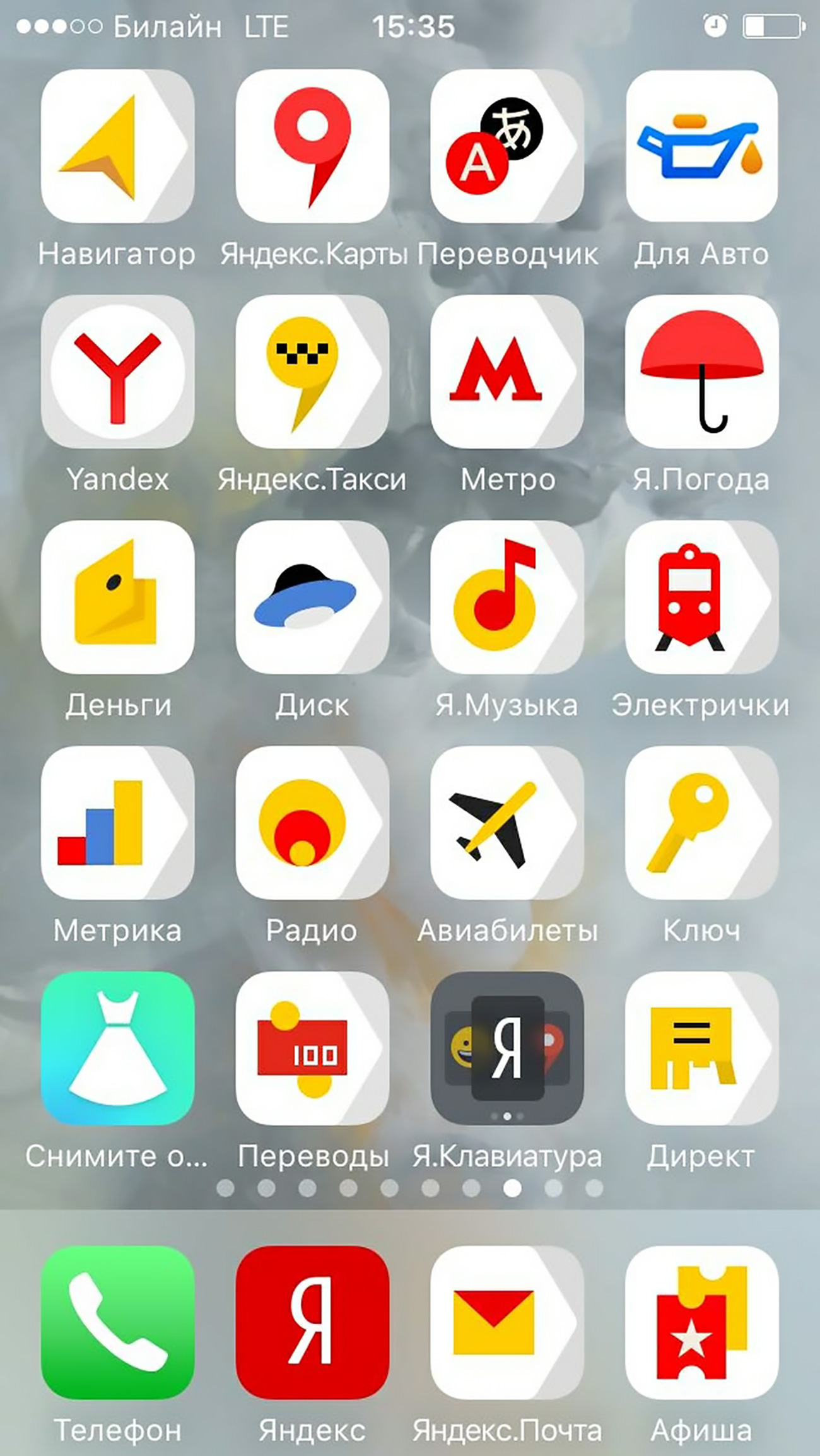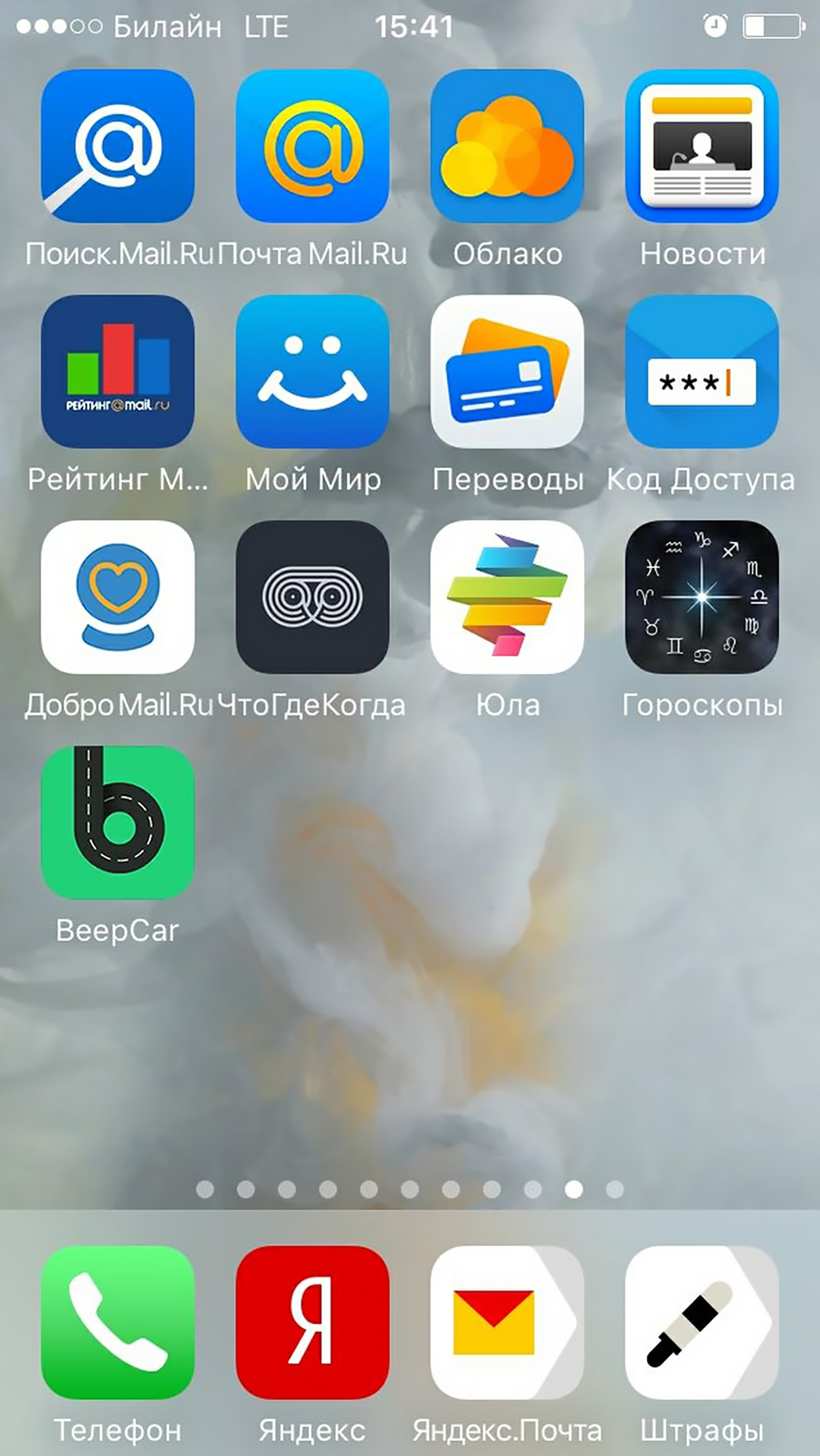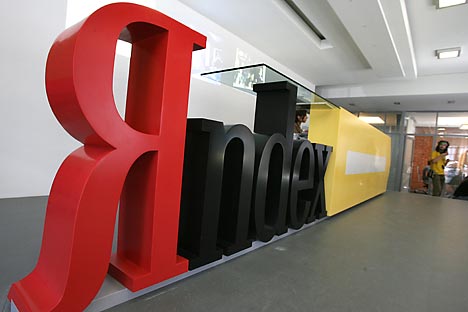Why did Ukraine ban Russian social networks?

Ukrainian President Petro Poroshenko: "The mass Russian cyber attacks all over the world, in particular, the recent interference in the French elections, shows that time has come to act differently, more decisively."
ZUMA Press/Global Look PressOn May 16, Ukraine extended its sanctions against yet more Russian companies and individuals. The new sanctions concern parliamentarians, journalists, judges, businessmen, banks, payment systems, agricultural companies, and even the Ribbon of St. George (the main symbol of the Great Patriotic War, which in recent years has also become a symbol of pro-Russian sentiment).
One of the most notable points on Kiev's new sanctions list was the ban on Russian social networks and software products. Ukrainian citizens were the least prepared for this unexpected news.
Which social networks and resources are banned?
President Petro Poroshenko's decree concerns the Mail.Ru Group and Yandex services, including the VKontakte and Odnoklassniki social networks and the Mail.Ru and Yandex search engines they own. Useful products such as dictionaries and text identification programs from the ABBYY company (whose technologies are used by Microsoft and Samsung), the RBC business TV channel, which has a reputation for being independent from the Russian government, accounting and fiscal software from the 1C company, taxi ordering services, and others have also been sanctioned.
 Mobile apps of Russian-based web business companies banned by President of Ukraine Petro Poroshenko under new sanctions against Russia. In picture: Yandex mobile apps. / Photo: Global Look Press
Mobile apps of Russian-based web business companies banned by President of Ukraine Petro Poroshenko under new sanctions against Russia. In picture: Yandex mobile apps. / Photo: Global Look Press
Is Ukraine banning them because they are Russian?
Kiev explains that it wants to protect its national security. "We must counter Russian propaganda today. The sanctions were introduced because of the disrespect for international law and for the violation of Ukraine's borders," stated Ukrainian Prime Minister Vladimir Groisman.
Interior Ministry Adviser Zoryan Shkiryak said earlier that Odnoklassniki and VKontakte today are "fully controlled and managed by the Russian special services," while People's Deputy Vladimir Ariev said: "If a Ukrainian serviceman takes a photo in his military unit and posts it on a social network, the Russian special services, which have access to these social networks, will be able not only to identify the location of the military unit, but also follow its movement."
Via his VKontakte page, Poroshenko said this: "The mass Russian cyber attacks all over the world, in particular, the recent interference in the French elections, shows that time has come to act differently, more decisively."
However, it’s not clear how the ABBYY dictionaries or Yandex.Taxi pose a threat to Ukrainian national security.
 Mobile apps of Russian-based web business companies banned by President of Ukraine Petro Poroshenko under new sanctions against Russia. In picture: Mail.ru mobile apps. / Photo: Global Look Press
Mobile apps of Russian-based web business companies banned by President of Ukraine Petro Poroshenko under new sanctions against Russia. In picture: Mail.ru mobile apps. / Photo: Global Look Press
Is this worse for Russia or Ukraine?
The Mail.Ru Group has said that it will not correct its financial plans because the share of Ukrainian business in the company's overall revenues is "insignificant." Yandex said the same thing, expressing regret for the disregard for the team's longstanding efforts. "The principal victim of the sanctions is the Ukrainian user," Yandex notes.
VKontakte is the most popular social network in Ukraine. It’s visited by 16 million users monthly. Odnoklassniki's monthly audience is 9.5 million people. According to the the Kantar TNS market research group, they are in tenth place among all Internet resources in Ukraine. Overall, according to the Mail.Ru Group, 25 million Ukrainian residents will be affected by the sanctions against Russian IT companies. People will lose their jobs, since the Internet company's Ukrainian subdivisions will be closed.
But the main point of criticism is the citizens' rights and freedoms. "In a single move Poroshenko dealt a terrible blow to freedom of expression in Ukraine. It’s an inexcusable violation of Ukrainians’ right to information of their choice, and the European Union and Ukraine’s other international partners should immediately call on Ukraine to reverse it," said Tanya Cooper, Ukrainian representative of Human Rights Watch.
The Russian government criticizes the Ukrainian government from the same position, noting that any blockage can be bypassed with anonymizers, Virtual Private Network technologies, proxy servers, etc. Therefore, Ukraine's efforts are myopic and will not lead to the "great Ukrainian firewall."
But didn't Russia itself block Internet resources?
Today more than 70,000 domains are banned in the Russian register, which has been kept since 2012, including the popular LinkedIn corporative social network. That’s why when the state-owned Russian TV channels suddenly started discussing the senselessness of the various blockages and the bypassing methods, the social networks are flooded with ironic comments: "This is a real celebration! All the pro-Kremlin mass media started telling Russians how to bypass the Roskomnadzor monitoring service's blockages."
Even the most controversial laws on Internet restriction in Russia were preceded by a minimal discussion with experts and the public. But preparation for Poroshenko's decree was conducted secretly, without an explanation by the government. It’s possible that this unexpected gesture will provoke a partial rejection from a chunk of Ukraine’s public.
Read more: Russian VKontakte social network sets traffic record in Ukraine
If using any of Russia Beyond's content, partly or in full, always provide an active hyperlink to the original material.
Subscribe
to our newsletter!
Get the week's best stories straight to your inbox
